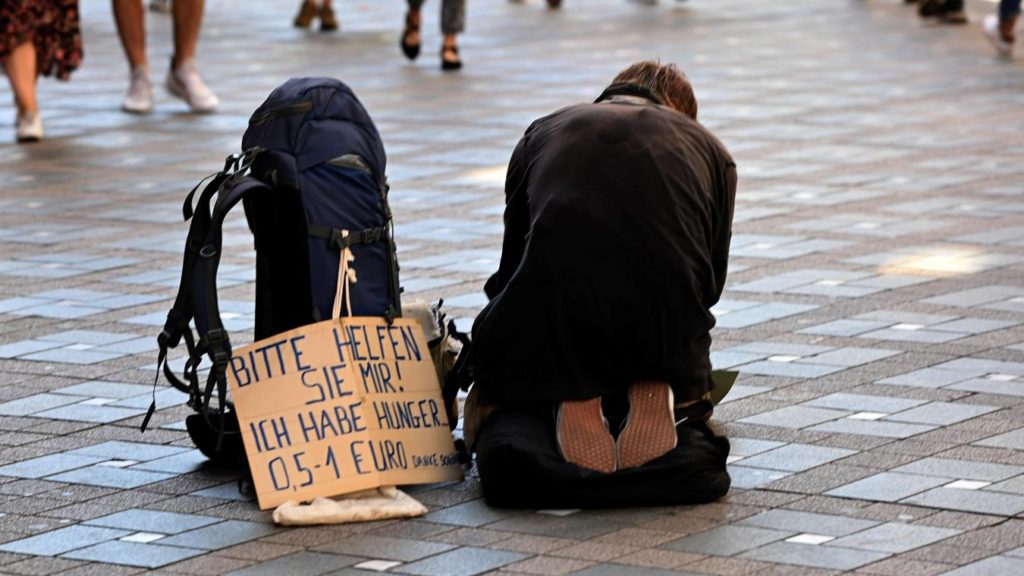The Covid-19 crisis could push an additional 100 million people into extreme poverty around the world - more than previously estimated - the World Bank warns.
The institution predicts that 70 to 100 million people could fall into extreme poverty, and that "that number could increase" if the pandemic worsens or lasts for a longer period, David Malpass President of the World Bank said in an interview with AFP.
This makes it "vital" for creditors to reduce the poorer countries debt, Malpass added, going beyond calls to simply postpone debt repayment.
"Debt vulnerabilities are high, and it is crucial [for indebted countries] to see the light at the end of the tunnel so that new investors can come."
In April, the G20 countries decided to suspend debt repayments for the world’s poorest countries until the end of 2020.
The World Bank along many NGOs are now calling for this moratorium - which concerns 76 countries - to be extended until 2021. The G20 countries will make a decision by their next meeting scheduled to take place in Riyadh, Saudi Arabia in November.
But that will not be enough, says David Malpass, because with the economic downturn, these countries - already struggling to provide a social safety net to their citizens - will find it difficult to honour these payments next year as well.
The amount of debt reduction should depend on the situation in each country, he says. The institution has deployed $160 billion in emergency aid to around 100 states.
In 2015, the most recent estimate given on the World Bank website, some 734 million people were already living in extreme poverty, or about 10% of the world's population.
Since the pandemic started the number of people living in extreme poverty, or less than $1.90 a day has increased.
The deterioration is due to the combination of job losses during the pandemic as well as supply difficulties, which complicate access to food. “All of this contributes to throwing people into extreme poverty,” as long as the crisis persists, warns Malpass.
The Brussels Times

